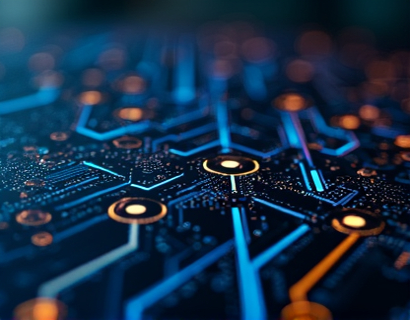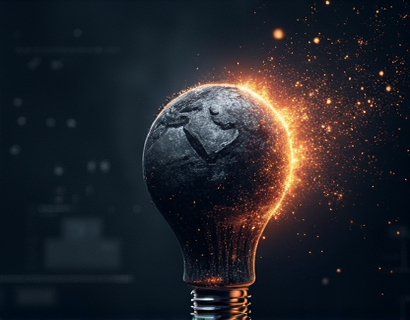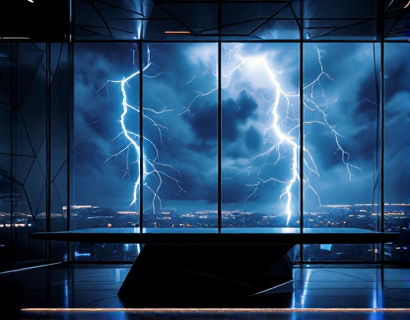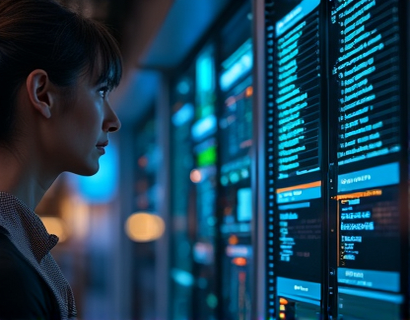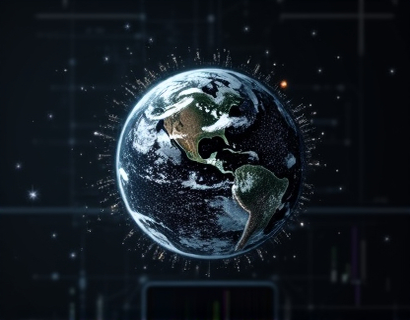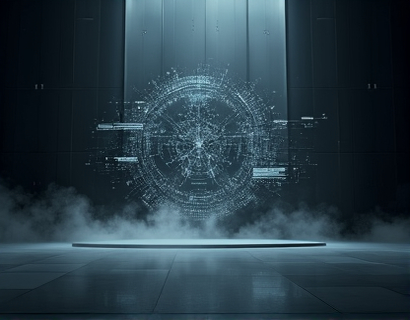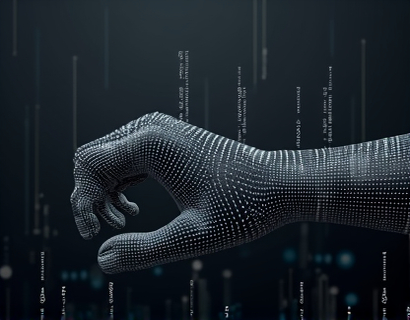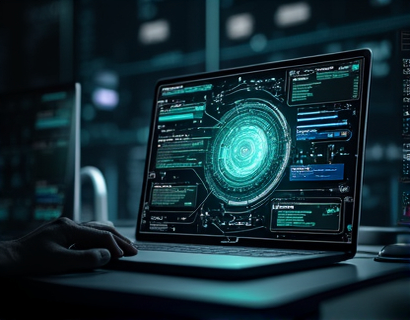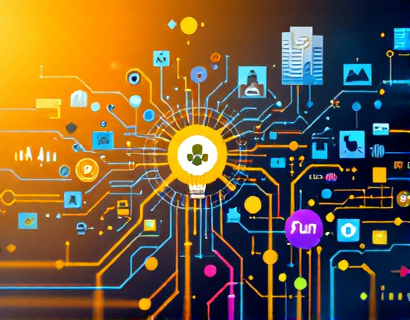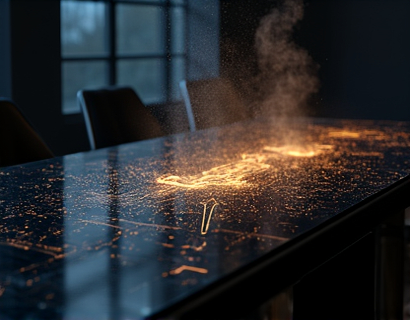Blockchain-Expert Notarization: Revolutionizing Document Authentication with Decentralized Solutions
The traditional notarization process, while crucial for ensuring the authenticity and legality of documents, often faces challenges related to efficiency, security, and accessibility. The integration of blockchain technology into document notarization offers a transformative solution, providing unparalleled security, transparency, and convenience. This article delves into the innovative world of blockchain-expert notarization, exploring how this cutting-edge approach is reshaping the landscape of document security and accessibility for legal professionals and businesses.
Understanding Blockchain Technology in Notarization
Blockchain technology, at its core, is a decentralized digital ledger that records transactions across multiple computers in such a way that the registered transactions cannot be altered retroactively. This inherent characteristic makes blockchain an ideal tool for document notarization, where the integrity and immutability of records are paramount. By leveraging blockchain, notarization services can ensure that once a document is notarized, its authenticity and content remain unaltered, providing a tamper-evident record that is verifiable by all parties involved.
Enhanced Security Through Blockchain
One of the most significant advantages of using blockchain for notarization is the enhanced security it provides. Traditional notarization relies on physical documents and centralized databases, which are vulnerable to theft, loss, and tampering. In contrast, blockchain-based notarization stores document metadata and notarization records on a distributed network, making it extremely difficult for any single entity to manipulate the data. Each block in the chain contains a cryptographic hash of the previous block, creating an unbreakable link that ensures the integrity of the entire document lifecycle.
Moreover, blockchain's use of advanced cryptographic techniques ensures that documents are securely signed and verified. Digital signatures, when combined with blockchain, provide a high level of assurance that the document has not been altered and that it comes from a verified source. This cryptographic approach eliminates the need for physical signatures and reduces the risk of forgery, thereby enhancing the overall security of the notarization process.
Decentralized Notarization: A New Paradigm
The decentralized nature of blockchain technology fundamentally changes the way notarization is conducted. In a traditional setup, notarization is performed by a centralized authority, often a government-appointed notary, who acts as the sole point of trust. While this approach has its merits, it can lead to bottlenecks, delays, and a single point of failure. Blockchain-based notarization, on the other hand, distributes the trust across a network of nodes, eliminating the need for a central authority.
In a decentralized notarization system, multiple parties, including legal professionals, businesses, and individuals, can participate in the verification process. This peer-to-peer model not only enhances security but also increases efficiency and accessibility. Documents can be notarized and verified in real-time, regardless of geographical boundaries, making the process seamless for global operations.
Transparency and Trust in Document Authentication
Transparency is a cornerstone of blockchain technology, and it plays a crucial role in building trust in the notarization process. Every transaction, including the notarization of a document, is recorded on the blockchain and is visible to all participants in the network. This transparency ensures that all parties can verify the authenticity and integrity of the document at any point in time, without the need for intermediaries.
The immutable nature of blockchain records means that once a document is notarized, its history is permanently etched into the ledger. This historical record can be audited by anyone with access to the blockchain, providing a level of accountability that is difficult to achieve with traditional methods. This transparency not only builds trust among users but also reduces the risk of disputes and fraud.
Efficiency and Accessibility in Document Notarization
The efficiency gains from blockchain-expert notarization are substantial. Traditional notarization processes often involve multiple steps, including document preparation, physical submission, and waiting for the notary's approval. These steps can lead to significant delays and increased administrative costs. Blockchain-based notarization streamlines these processes by allowing documents to be submitted, signed, and verified electronically, in real-time.
Accessibility is another key benefit. With blockchain-expert notarization, documents can be notarized and accessed from anywhere in the world, as long as there is an internet connection. This global reach is particularly beneficial for businesses operating in multiple jurisdictions, as it simplifies the process of managing documents across different legal frameworks. The removal of geographical barriers ensures that all parties can participate in the notarization process without the need for physical presence.
Use Cases and Applications
The applications of blockchain-expert notarization are diverse and far-reaching. In the legal sector, it can be used for the notarization of contracts, wills, and other legal documents, ensuring their authenticity and enforceability. For businesses, it can streamline the process of signing and verifying important documents such as agreements, licenses, and certificates. In the real estate industry, blockchain notarization can simplify property transactions by providing a secure and transparent record of ownership and transfers.
Additionally, blockchain-expert notarization can benefit the academic and research communities by securing the authenticity of academic credentials, research papers, and patents. The technology can also be applied in the financial sector for the notarization of financial documents, reducing the risk of fraud and ensuring compliance with regulatory requirements.
Challenges and Considerations
While the potential benefits of blockchain-expert notarization are significant, there are several challenges and considerations that need to be addressed. One of the primary challenges is the regulatory landscape. Different jurisdictions have varying laws and regulations regarding digital signatures and notarization. Ensuring compliance with these regulations is essential for the widespread adoption of blockchain-based notarization services.
Another consideration is the technical infrastructure required to support blockchain-expert notarization. Implementing a robust and scalable blockchain network requires significant investment in technology and expertise. Additionally, educating legal professionals and businesses about the benefits and workings of blockchain technology is crucial for its acceptance and integration into existing workflows.
Future Prospects
The future of document notarization is increasingly intertwined with blockchain technology. As more organizations recognize the advantages of blockchain-expert notarization, we can expect to see greater adoption and innovation in this space. The development of standardized protocols and interoperability between different blockchain platforms will further enhance the utility and reach of blockchain-based notarization services.
Moreover, the integration of other emerging technologies, such as artificial intelligence and the Internet of Things (IoT), can further enhance the capabilities of blockchain-expert notarization. AI can automate the verification process, reducing the workload on human verifiers, while IoT devices can provide real-time authentication for physical documents, ensuring their integrity from the moment they are created.
In conclusion, blockchain-expert notarization represents a significant leap forward in document security and accessibility. By leveraging the inherent properties of blockchain technology, this innovative approach offers a secure, efficient, and transparent solution for legal professionals and businesses. As the technology continues to evolve, it is poised to play an increasingly important role in the digital transformation of document authentication.



